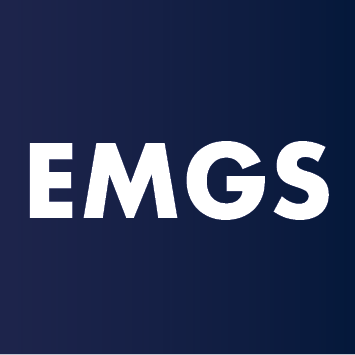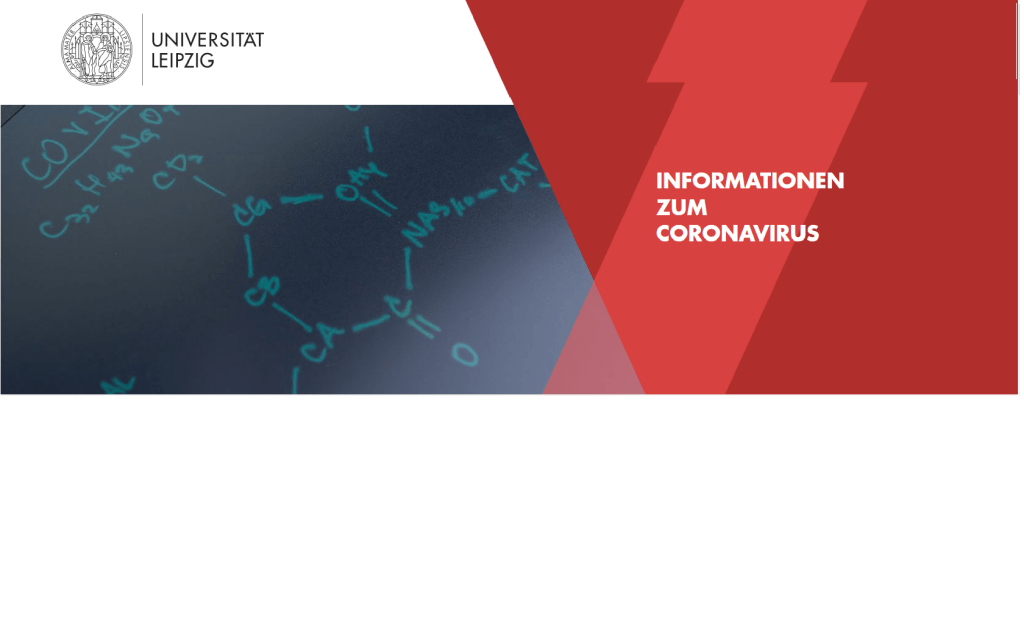Dear students,
the current situation is still more than confusing, and we are very aware that this is causing great uncertainty when it comes to planning for the near and distant future. This, of course, affects transnational courses of study like ours in a special way, because regulations in different countries and at different universities have to be thought of together. Over the last few days, we have received a whole series of questions about how mobility within the Global Studies Consortium will continue, and what consequences the corona crisis will have for Erasmus+ mobility. As you can easily imagine, these are questions that we are also asking ourselves. However, we are currently observing a high dynamic of decisions for relaxation or opening after the very strict lockdowns of the last one and a half months. The EMGS Consortium has therefore agreed to decide at the end of May/beginning of June which mobility tracks will be possible in the winter semester 2020/21, and which will not. To this end, we are currently engaged in an intensive exchange with the representatives of our partner universities in Europe and beyond. Nonetheless, since the conditions are very different in each case and the pandemic is at different stages of progress, it only makes sense to complete the survey at this later date and to take decision by then.
We therefore ask for your understanding that we are not able to answer neither general nor individual questions satisfactorily at the moment. We assure you quite emphatically nonetheless, that we will make every effort to provide such a satisfactory answer and find a good solution for each student to continue their studies, and to complete our Master’s programme within the scheduled time frame.
Please also do not be unsettled by public statements about possible exceptional semesters (Ausnahmesemester), semesters on leave (Urlaubssemester) or non-semesters (Nichtsemester). What is meant by all these terms is an acknowledgement of the fact that studying is difficult in this current situation and that these difficulties should be taken into account. We know that some of you cannot be at their place of study. We also know that many opportunities to earn a living through student jobs have disappeared, and we are very aware that online teaching and learning is more time and energy consuming than normal presence would be, especially when libraries are not fully operational. We are intensively looking for ways to compensate for these disadvantages, but of course will also support those who apply to extend their studies by one semester. We assume, however, that this is really only a last resort if the difficulties turn out to be insurmountable. Our ambition is rather to enable you to study within the standard period of study. To this end, the teaching staff at the various locations are doing everything they can.
We are in close contact with the students‘ representatives and ask you to point out any difficulties you may encounter also via this channel so that we can see if and how we can overcome them.
With my best wishes for your safety, health and success in the study programme,
Matthias Middell

